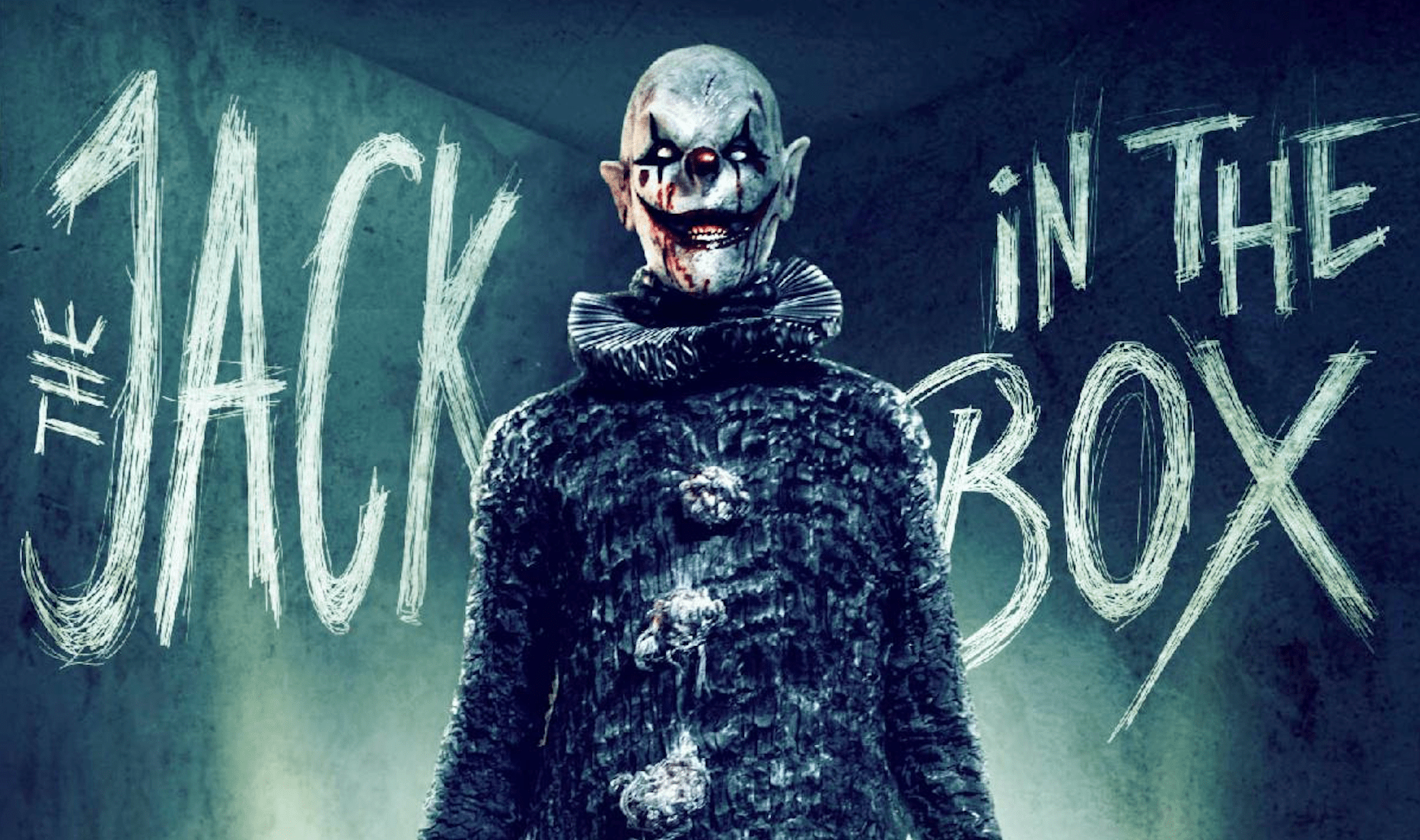Based on the best-selling Japanese manga Hana Yori Dango by Yoko Kamio, Boys Over Flowers (2009) is a South Korean drama that captured the hearts of viewers across Asia and beyond. With its blend of fairytale romance, schoolyard drama, and social commentary, the series became a cultural phenomenon and a defining title in the "K-drama wave."
Boys Over Flowers follows Geum Jan-di (played by Ku Hye-sun), a working-class girl who earns a scholarship to the elite Shinhwa High School — a place dominated by the wealthy and powerful. There, she crosses paths with the notorious F4, a group of four handsome and privileged boys led by the arrogant and hot-tempered Goo Jun-pyo (Lee Min-ho). At first, Jun-pyo torments Jan-di, but as time passes, his cruelty turns into affection, sparking a complicated and often turbulent romance.
Meanwhile, Jan-di finds herself emotionally torn between Jun-pyo and the quiet, sensitive Yoon Ji-hoo (Kim Hyun-joong), Jun-pyo’s closest friend. As love triangles intensify and family pressures rise, Jan-di must navigate a world of wealth, power, and heartbreak — all while staying true to herself.
Lee Min-ho became a breakout star thanks to his charismatic and layered portrayal of Goo Jun-pyo. He manages to evolve the character from an entitled bully into a flawed but deeply loving young man. Ku Hye-sun brings warmth and resilience to Jan-di, though her performance at times can feel exaggerated due to the show’s melodramatic tone.
Kim Hyun-joong plays Ji-hoo with understated emotion, becoming the quiet romantic rival that adds depth to the love triangle. The rest of the F4 — played by Kim Bum, Kim Joon, and other rising stars — each bring charm and unique energy to their roles.
Boys Over Flowers explores themes of class disparity, peer pressure, identity, and the cost of true love. The stark contrast between Jan-di’s humble background and the elite world of Shinhwa High creates a strong undercurrent of social commentary, even amid the show’s romantic melodrama.
Director Jeon Ki-sang leans heavily into stylized visuals, dramatic music cues, and emotional cliffhangers that keep viewers hooked. While the plot can be over-the-top and sometimes illogical, the emotional stakes feel genuine — especially for younger audiences who relate to issues of love, self-worth, and belonging.
Though not without criticism — including for its unrealistic situations and exaggerated character dynamics — Boys Over Flowers was a turning point for Korean drama globally. It introduced millions to K-drama storytelling and sparked a wave of remakes across Asia. The fashion, hairstyles, and soundtrack became iconic, and its impact on pop culture is still felt today.
Boys Over Flowers (2009) is a wildly dramatic, emotionally charged series that captures the highs and lows of young love in an elite, fantasy-like setting. While its melodramatic tone may not appeal to everyone, it remains a beloved classic that helped define a genre. For fans of romantic K-dramas, it's a must-watch — cheesy, chaotic, but ultimately unforgettable.



